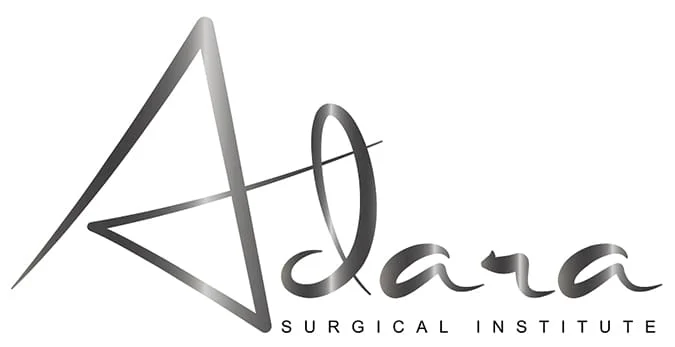Tips for a Smooth Healing Process from Adara Surgical Institute
Reviewed by Dr. Hardeep Dhaliwal
|
Reading time: three minutes
Your oral surgery may be over, but recovery is where the real healing happens. Following your post-operative instructions closely will help reduce discomfort, lower the risk of complications, and protect the success of your treatment.
At Adara Surgical Institute, our team provides detailed recovery guidelines and ongoing support to ensure you heal comfortably and confidently.
Table of Contents
Managing Pain and Swelling
It is normal to experience some soreness and swelling after oral surgery. We will recommend a pain management plan that may include:
- Prescription or over-the-counter pain medication
- Ice packs during the first 24–48 hours to reduce swelling
- Keeping your head elevated while resting to minimize fluid buildup
Pain and swelling should gradually improve over the first few days. If discomfort worsens or does not improve, contact our office.
Eating and Drinking
A soft-food diet protects the surgical site while allowing your body to get the nutrition it needs for healing. In the first few days:
- Choose foods like yogurt, mashed potatoes, oatmeal, and smoothies (without seeds).
- Avoid crunchy, chewy, or spicy foods that can irritate the area.
- Stay hydrated, but do not use a straw for at least the first few days to prevent dislodging the blood clot.
Activity Restrictions
Rest is one of the best things you can do after oral surgery.
- Avoid strenuous exercise and heavy lifting for at least 24–48 hours.
- Gradually return to your normal activities as directed by your surgeon.
- Avoid bending over for long periods, as this can increase bleeding and swelling.
Oral Hygiene
Keeping your mouth clean during recovery is essential for preventing infection and promoting healing.
- Brush your teeth gently, avoiding the surgical area for the first day or two.
- Use any prescribed mouth rinses as directed.
- Avoid vigorous rinsing in the first 24 hours; after that, rinse gently with warm salt water if recommended by your surgeon.
Support from an Experienced Surgeon in an Accredited Facility
Your recovery is guided by the same high standards that define our surgical care. Dr. Hardeep Dhaliwal is extensively trained in oral and maxillofacial surgery and has performed thousands of successful procedures.
Our accredited surgical facility means your procedure took place in an environment that meets strict national standards for safety, sterilization, and patient care. This level of oversight, combined with our surgeons expertise, helps ensure fewer complications and better outcomes.
When to Call Us
Contact our office immediately if you notice:
- Persistent or heavy bleeding
- Severe pain unrelieved by medication
- Fever, chills, or signs of infection
- Swelling that worsens after the first 3–4 days
Our team is available to address your concerns and guide you through any recovery challenges. Dr. Dhaliwal is available after-hours to answer any questions you may have about your recovery.
Schedule Your Oral Surgery Follow-Up in Issaquah, WA
The recovery period is a vital part of your oral surgery success. By following your post-operative instructions and staying in touch with your care team, you can expect a safe, smooth, and comfortable healing process.
To book an appointment at our oral surgery office in Issaquah, WA, call (425) 428-5888 or visit us at 6505 226th Pl SE STE #100 Issaquah, WA.
FAQs
How long does it take to recover from oral surgery?
Recovery time depends on the type of procedure. Many patients feel significantly better within a few days, while full healing can take weeks.
When can I return to work or school?
For minor procedures, most people can return within 1–2 days. For more complex surgeries, you may need several days of rest.
Can I brush my teeth after oral surgery?
Yes, but brush gently and avoid the surgical site for the first day or two. Follow the hygiene instructions provided by your surgeon.

